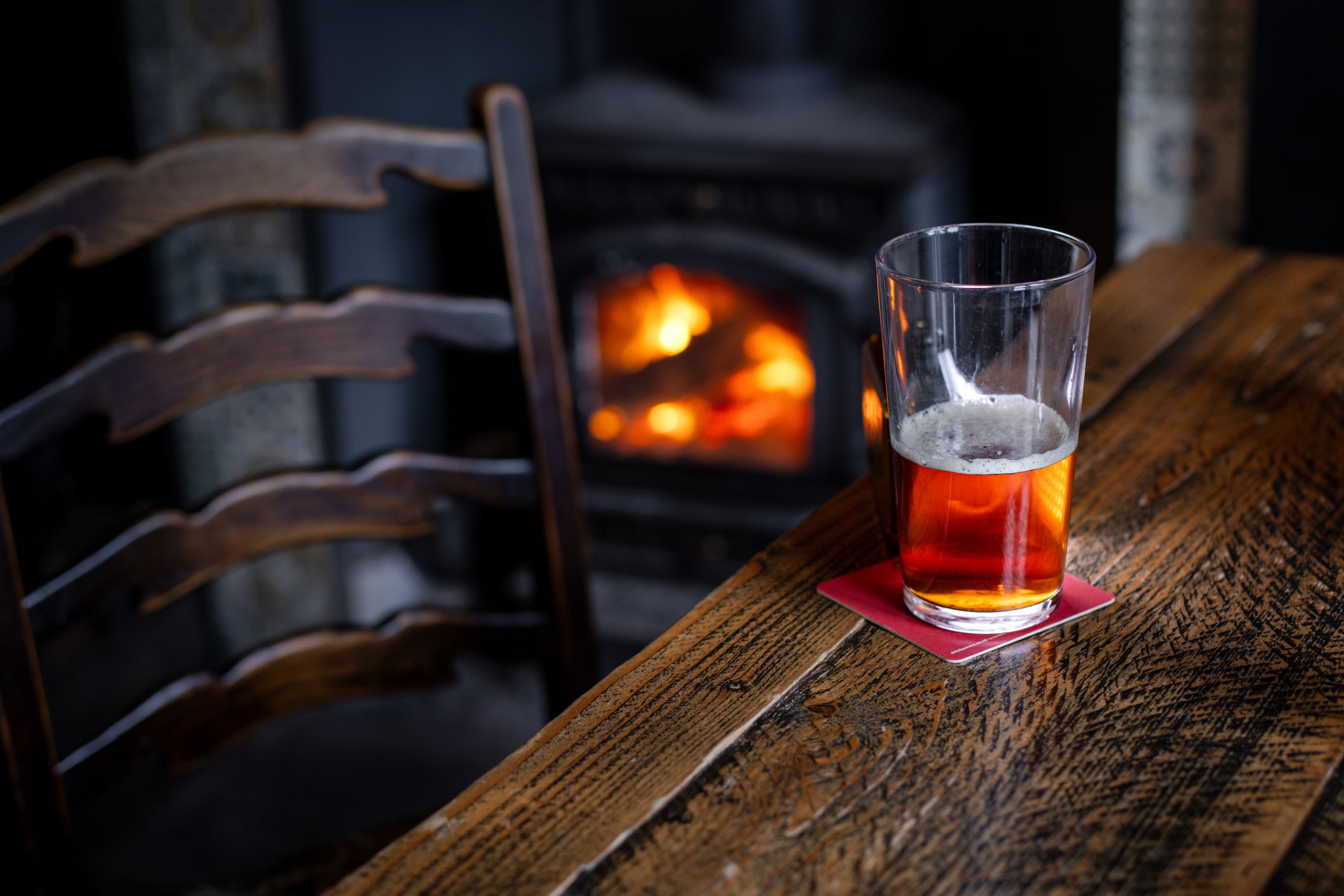Speaking to The Morning Advertiser (The MA) following the publication of the APPBG’s report last month, Labour MP Tonia Antoniazzi warned that fragmented decision-making and rising costs risk undermining one of the UK’s most important community industries.
Antoniazzi said that the cross-party group’s goal was to “turbocharge investment and growth” in brewing and hospitality through ten key recommendations.
“The sector hits on so many different areas of Government,” she said. “We deal with DEFRA, Health, Business and Trade, the Treasury and DCMS - and nobody’s really got oversight of all of it. There needs to be business rate reform.”
Antoniazzi said the APPBG had received a record number of submissions from operators, brewers and trade bodies during the consultation. The report urges Government to treat the beer and pub sector as part of the UK’s industrial strategy, recognising its potential for job creation, exports and regeneration.
‘Joined-up thinking’
“Decisions are often being made without meaningful consultation or assessment of cumulative impact,” she said. “We’ve got to have more joined-up thinking between departments to avoid those unintended consequences of policy change.”
Among the report’s central recommendations is a 20p reduction in both the small business and standard business rate multipliers, which Antoniazzi described as “the minimum needed for meaningful reform.”
“Pubs and breweries are bricks and mortar - they can’t move online,” she said. “They’re a front-facing, people-first industry, and they’re disproportionately affected by property taxes compared to other sectors.”
The APPBG also recommends a reduction or removal of employer national insurance contributions, alongside phased wage increases and flexible employment regulation to make future rises “sustainable and affordable.”
‘Hit on all levels’
“This is a sector getting hit on all levels. Labour is the single highest cost for pubs and brewers, so any reform will make a real difference.”
The group is also calling for a minimum 5% cut in beer duty and an increase in the draught beer duty differential to 20%, a move supported by several industry bodies.
On sustainability, the report proposes extending capital allowances to include pub furniture, kitchens and cellar equipment, with double allowances for any project supporting net zero. But Antoniazzi warned that some pubs are struggling to invest due to grid capacity limits.
“We want to do this, but the grid doesn’t support it,” she said. “Operators are installing electric kitchens and then finding they have to revert to gas. It’s defeating the object of working together to reach net zero.”
The report also highlights the potential of the low-and-no alcohol market, recommending that the UK aligns its definition of alcohol-free beer with EU standards at 0.5% ABV.
Antoniazzi said producers in this space are “not being heard in Parliament” despite their strong contribution to responsible drinking and innovation.
“Low and no alcohol has changed lives,” she said. “It’s inclusive, it supports wellbeing, and it’s helping people stay part of the pub community.”
Another priority is revisiting the Coronavirus Business Interruption Loan Scheme, which she said continues to weigh heavily on small operators. “We have to encourage investment and unlock growth,” she said. “For many, those loans are still holding them back.”
Antoniazzi also emphasised the role of pubs in social cohesion, levelling up and regeneration, describing them as “the beating heart of local communities.”
‘A lifeline’
“For many, the local pub is a lifeline,” she said. “Closures have a real and devastating impact, particularly in small towns and villages. We need to see pubs as part of the levelling up agenda, they bring people together, provide jobs, and support wellbeing.”
Ahead of the upcoming Autumn Budget, Antoniazzi said the APPBG had written to the Chancellor urging the Government to act on business rates, draught relief and employment incentives.
“If we could remove national insurance contributions for one year of employing someone under 25, it would be a huge incentive,” she said. “This is a sector that gives people confidence, skills and community. We just need the Government to back it.”



